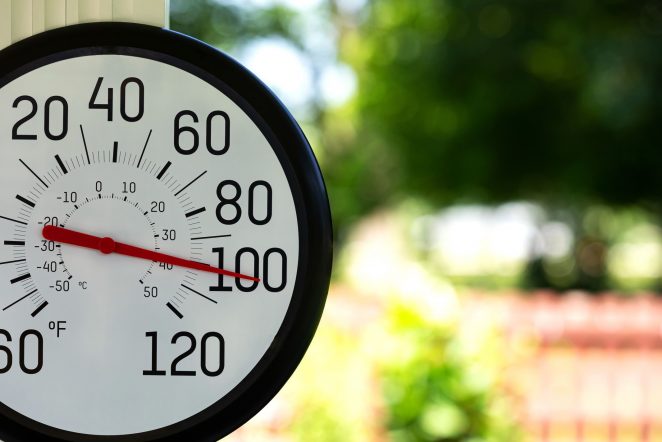Breathe in, breathe out – with every breath we take, our lungs are at work. Since breathing comes naturally to most people, sometimes we may forget to actively keep our lungs healthy and working efficiently. Below are five important steps you can take to ensure you can continue to breathe deeply with healthy lungs.
1. Don’t smoke.
One of the most crucial things you can do to prevent disease and maintain lung health is to not smoke or quit if you are a smoker. Smoking is a leading cause of lung cancer and chronic illnesses such as chronic obstructive pulmonary disease (COPD). Smoking can cause lungs to swell and narrow air passages, making breathing more difficult and damaging lung tissue. Looking to quit? Check out cessation resources here.
2. Exercise.
No matter your age, exercise that gets your heart rate up and increases your breathing rate is good for lung health. This type of cardiovascular exercise strengthens your lungs and makes them more efficient, which can better protect you from disease, or slow progression if you do develop lung disease. This type of exercise could be anything: running, cycling, interval training, and more. Check out some ideas here.
3. Avoid exposure to air pollutants.
Though your lungs are built to protect themselves, taking small steps to avoid air pollutants can have an impact on your lung health, especially as you age. There is no way to completely shield yourself from pollutants, but you can reduce your exposure by:
- Avoiding secondhand smoke.
- Dusting and vacuuming your home at least once a week to get rid of dust, pet dander and other irritants.
- Making sure you have adequate ventilation throughout your home, such as fans and exhaust hoods.
- Using more natural methods to scent your home such as essential oils and aromatherapy diffusers versus candles and air fresheners which may contain synthetic materials.
- Using natural cleaning products when you can, and open windows when using any cleaning products that could create fumes.
4. Prevent infection.
Small respiratory infections like colds can sometimes turn serious and do damage to your lungs. Take these steps to prevent respiratory infection:
- Wash your hands often with warm, soapy water; if you can’t wash your hands, use an alcohol-based hand sanitizer as a substitute.
- Get vaccinated; from flu shots to the COVID-19 vaccine, preventive care like vaccinations can significantly lower your chances of getting ill. You might even wish to talk to your doctor about the pneumonia vaccine to see if that would be a good fit for you.
- Avoid crowds during peak flu and cold season or wear a mask when in crowded spaces to limit your exposure to germs.
- Practice good oral hygiene, like brushing your teeth at least twice a day and visiting your dentist every six months, helps limit the number of germs in your mouth that could cause infection.
- If you do get sick, stay home until you are well to protect others from getting sick.
5. Visit your doctor regularly.
It is often difficult to detect issues with the lungs until they are serious; however, by visiting your doctor regularly you can discover and/or address concerns as soon as they arise. Aim to visit your primary care provider for a checkup at least once a year.
Take a deep breath and appreciate the incredible work your lungs do every day – and make a conscious effort to keep them healthy.


